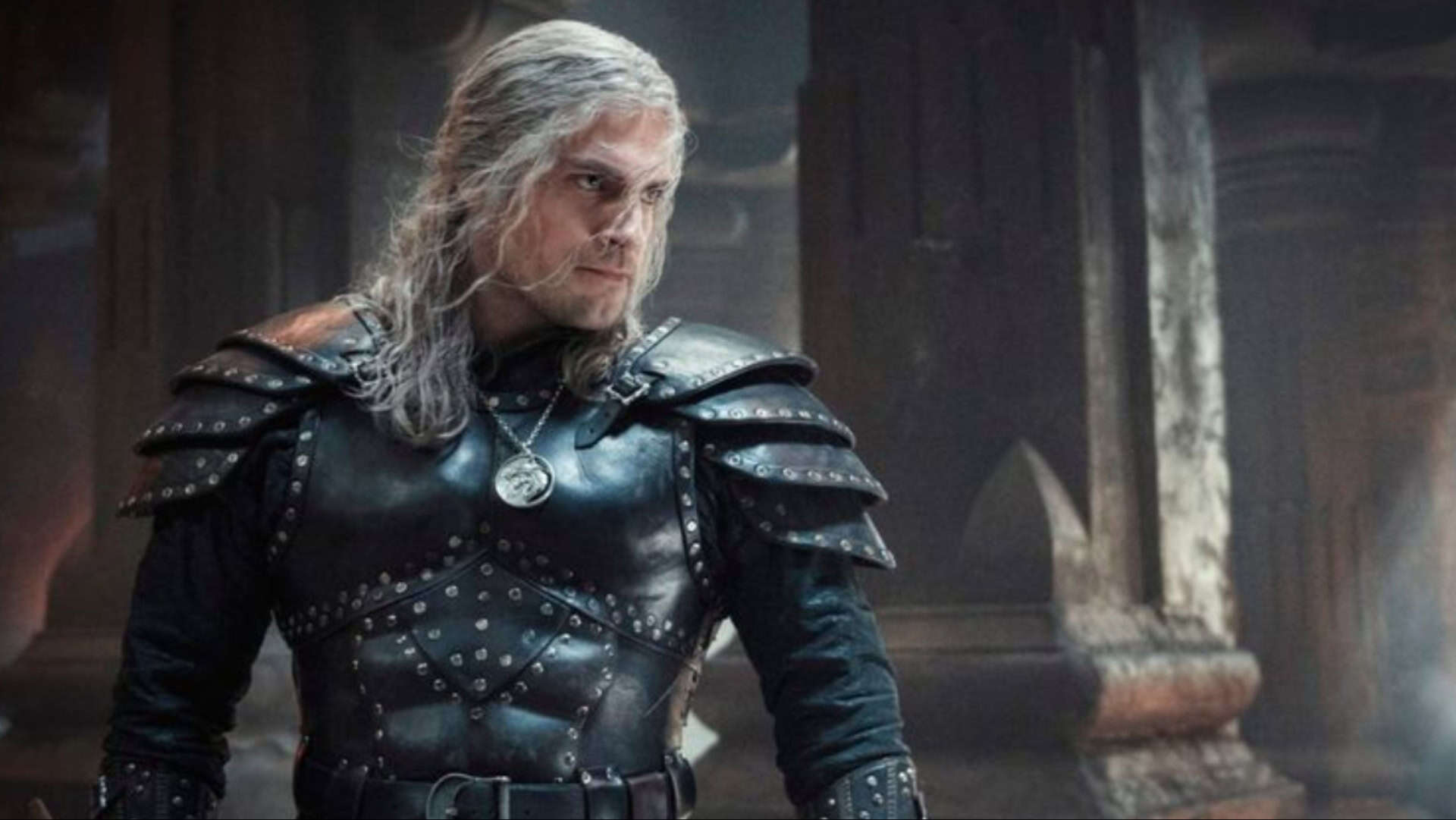After a successful first season, ‘The Witcher’ struggled to maintain its charm and storytelling prowess in subsequent seasons.
Although the show had enormous potential and was linked to one of the most iconic video games in history, the spark wasn’t there.
Fans were left wondering what went wrong and why Henry Cavill, the beloved Geralt of Rivia, parted ways with the show.
Here are 7 critical missteps that led to the show’s decline.
1. Unfaithful Adaptation of Source Material

Deviating from Andrzej Sapkowski’s beloved novels alienated loyal fans and diluted the narrative’s authenticity.
While creative liberties are inevitable, major plot deviations left the story unrecognizable.
The loss of core elements from “The Witcher” books resulted in a fragmented and less engaging plot, failing to capture the magic of the original works.
Staying truer to the source could have preserved the show’s integrity and appeal.
2. Inconsistent Character Development

Character arcs that began strong in the first season became disjointed and inconsistent by the second. Key character motivations were altered without clear rationale, leaving viewers puzzled.
Geralt’s personality shifts were particularly jarring, affecting audience connection.
This inconsistency undermined the storyline’s depth, creating a disconnect between the characters and the viewers.
A more coherent development could have maintained the audience’s interest and empathy throughout.
3. Forced Diversity and Social Messages

The introduction of forced diversity and modern social justice themes alienated a significant portion of the original fanbase.
Though diversity enriches storytelling, its execution felt unnatural and preachy.
Audiences expect authentic character development, not tokenism, which detracts from the plot. A balanced approach could have resonated better.
Instead, “The Witcher” series seemed to prioritize modern messages over the story, impacting its credibility and immersion for viewers seeking escapism.
4. Henry Cavill’s Departure

Henry Cavill’s exit marked a pivotal blow, as his portrayal of Geralt was a cornerstone of the series.
His departure raised questions about behind-the-scenes conflicts and dissatisfaction with the show’s direction.
Viewers admired Cavill’s dedication to the role and the source material, making his absence felt profoundly.
It is a well known fact that he loved “The Witcher” game, which made him that much more endearing to fans.
Cavill’s passion for the character was unmatched, and his departure symbolized deeper issues within the production, leaving fans concerned for the series’ future.
And aside from all that, changing the actor for the main role rarely works out.
5. Underwhelming Villain Presence

Villains play a crucial role in driving the narrative, yet the show’s antagonists lacked depth and presence.
The absence of a compelling villain weakened the tension and urgency that underpin a gripping fantasy tale.
Developing a stronger, more menacing antagonist could have heightened drama and stakes.
The series missed opportunities to inject excitement and menace, leaving viewers longing for more intense confrontations.
6. Visual and Special Effects Inconsistency

Inconsistency in visual and special effects broke the immersion, leading to a jarring viewing experience.
While some scenes boasted impressive CGI, others were glaringly subpar, disrupting the show’s aesthetic.
Maintaining a consistent standard would have enhanced the visual storytelling.
The disparity detracted from the show’s mythical allure, as audiences were pulled out of the fantasy by uneven quality.
A uniform approach to effects could have preserved the enchantment.
7. Overcomplicated Plotlines

The plotlines in later seasons became unnecessarily convoluted, confusing even the most dedicated fans. Multiple story arcs intertwined without sufficient context led to disorientation.
Simplifying the narrative could have provided clarity and engagement.
Instead, the intricate storytelling overshadowed character development and diluted the series’ emotional impact.
A streamlined approach might have kept viewers more invested and less perplexed.

